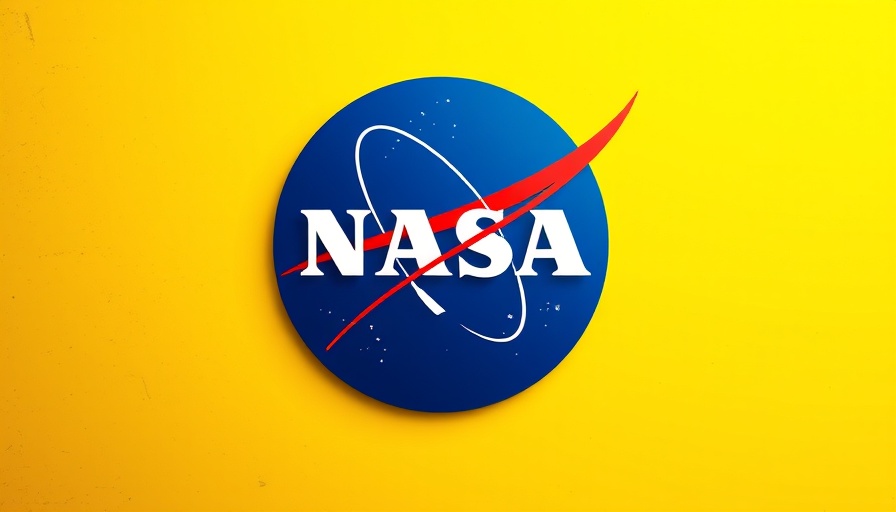
NASA on the Brink of Change: A Message to Employees
A recent internal email from NASA has ignited concern among its employees. Authored by Makenzie Lystrup, the director of Goddard Space Flight Center, the email outlines major upcoming changes that could redefine the agency's mission under the Trump administration. These potential changes come after President Trump proposed a budget for NASA's fiscal year 2026, which hints at a drastic shift in focus—from science missions to prioritizing human landings on Mars.
The Looming Threat of Job Cuts and Science Mission Reduction
The signal sent by NASA's leadership is unmistakable: the agency could face severe budget cuts leading to the elimination of numerous science initiatives and a substantial workforce reduction. Lystrup’s communication indicated that employees might be prompted to consider voluntary resignations as part of a “deferred resignation” program initiated by the White House. This controversial approach aims to manage cost-saving cuts across federal agencies but raises ethical concerns about its impact on employee morale and agency effectiveness.
Impact on Future Innovation and Scientific Progress
The ramifications of these proposed changes echo far beyond the walls of NASA. For small business owners and innovators in the space sector, the slashing of science programs may signal a decline in federal support for research and development that drives economic growth. By diverting funds to Mars exploration, the administration risks stifling vital advancements in areas such as climate science and world-renowned astrophysics projects that play a crucial role in informing both policy and commercial applications.
Congressional Confusion: The Call for Leadership
With Congress in a state of uncertainty regarding NASA’s leadership and future budgetary measures, the urgent need for a confirmed administrator becomes clear. This leadership vacuum adds another layer of complexity to the agency's outlook. Senator Jerry Moran and Representative Brian Babin have voiced concerns over the unexpected changes in administration preferences, which could jeopardize the collaborative relationship essential between NASA and lawmakers needing to authorize funding.
A Murky Future: Balancing Ambition and Action
While the President's objective to land humans on Mars has historically garnered bipartisan support, the recent fallout between Trump and SpaceX's CEO Elon Musk complicates the narrative. NASA's messaging has been clear: it will align with presidential directives, but the evolving relationship between Musk and Trump raises concerns about the stability and viability of missions vital to both innovation and economic growth. As entrepreneurs dependent on federal contracts and partnerships within the space sector monitor these developments, they are left to grapple with a deeply uncertain future.
Understanding the Broader Context: The Space Race and Its Stakes
This looming crisis exemplifies not only the importance of funding but also the volatile interplay between government priorities and scientific progression. The history of the space race provides a backdrop to current fears. Previously, political whims have shifted projects from one focus to another, often abandoning critical research components that can have downstream impacts on the private sector—from technological breakthroughs to market-ready innovations emerging from academic research.
Empowerment Through Adaptation: Small Business Strategies in Uncertain Times
For small business owners, especially those connected to the aerospace sector, this uncertainty may spur innovation and re-evaluation of business strategies. As the industry adapts to changing funding landscapes, entrepreneurs could focus on diversifying their services or developing relationships with private sector players who seek to fill the gaps left by lost government contracts. Embracing agility and resilience will be key, as the future of space exploration and related industries remains in flux.
A Call to Action: Stay Informed and Engaged
For small business owners and stakeholders in the aerospace and technology sectors, now is the time to stay informed about NASA's evolving priorities and the broader implications for the market. Whether it’s engaging with lobbyists, participating in industry associations, or exploring new collaborations, staying proactive will better position your business to adapt and thrive amid change. Keep abreast of emerging news to position your company not just as a participant, but as a leader in the fast-evolving space sector.
 Add Row
Add Row  Add
Add 




 Add Row
Add Row  Add
Add 

Write A Comment